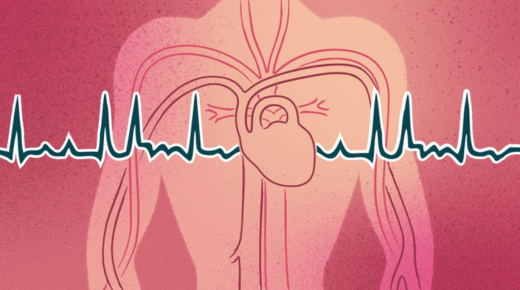Childhood obesity is one of the most pressing health concerns worldwide. Over the past few decades, the number of children struggling with excessive weight gain has steadily increased, raising concerns about long-term health risks. While medications like Ozempic have gained attention for weight management in adults, addressing obesity in children requires a comprehensive understanding of its root causes, safe interventions, and lifestyle changes.
What Causes Obesity in Children?
Obesity in children occurs when a child’s body stores excess fat, often due to a combination of lifestyle, environmental, genetic, and psychological factors. Understanding these causes is crucial for prevention and treatment.
1. Poor Dietary Habits
One of the leading contributors to childhood obesity is an unhealthy diet. Children who consume high-calorie, low-nutrient foods such as sugary drinks, fast food, and processed snacks are more likely to gain excessive weight. Over time, consistently consuming more calories than the body needs results in fat accumulation.
2. Lack of Physical Activity
A sedentary lifestyle significantly increases the risk of obesity. Children today spend more time on screens—watching television, playing video games, or using smartphones—than engaging in outdoor play or physical activity. Regular exercise is essential not only for burning calories but also for maintaining healthy bones, muscles, and cardiovascular fitness.
3. Genetic Factors
Genetics can play a role in a child’s tendency to gain weight. Children with obese parents are more likely to develop obesity due to inherited metabolic and hormonal traits, as well as family lifestyle patterns. However, genetics alone rarely account for all cases; environmental and behavioral factors are usually more influential.
4. Environmental Influences
The surrounding environment can either promote or hinder healthy habits. Children with limited access to parks, safe recreational spaces, or affordable healthy foods may struggle to maintain a healthy weight. Urban settings with abundant fast-food outlets and limited physical activity opportunities often contribute to weight gain.
5. Emotional and Psychological Factors
Stress, anxiety, and low self-esteem can lead to emotional eating, where children use food as a coping mechanism. This pattern often involves high-calorie, comfort foods that increase the risk of obesity.
6. Medical Conditions and Medications
In some cases, hormonal disorders or medications may contribute to weight gain. These causes are less common but should be evaluated by a healthcare provider when a child experiences unexplained or rapid weight gain.
Ozempic and Its Role
Ozempic is a prescription medication primarily used to manage type 2 diabetes in adults. It works by mimicking a hormone called GLP-1, which helps regulate blood sugar levels and can reduce appetite. Recently, it has been studied for weight management in adults with obesity.
However, Ozempic is not approved for use in children for weight loss. Pediatric obesity management focuses on safe and sustainable interventions such as nutrition counseling, physical activity, and behavioral support rather than medication. While research on similar medications in adolescents is ongoing, the primary approach should always prioritize lifestyle changes.
Preventing and Managing Childhood Obesity
Early intervention is key to preventing obesity-related health problems such as type 2 diabetes, high blood pressure, and heart disease. Strategies include:
- Promoting a healthy, balanced diet rich in fruits, vegetables, lean proteins, and whole grains
- Encouraging at least 60 minutes of daily physical activity
- Limiting sugary drinks and processed foods
- Reducing screen time and sedentary behavior
- Supporting emotional well-being and positive self-esteem
Family involvement is critical; children learn habits from their parents and caregivers. Establishing a supportive home environment with healthy eating and regular activity can significantly reduce obesity risk.
Final Thoughts
While medications like Ozempic may offer solutions for adult weight management, addressing What Causes Obesity in Children? requires a holistic approach. By focusing on healthy diet, active lifestyle, and emotional support, parents and caregivers can help children achieve and maintain a healthy weight, setting the stage for a lifetime of wellness.




